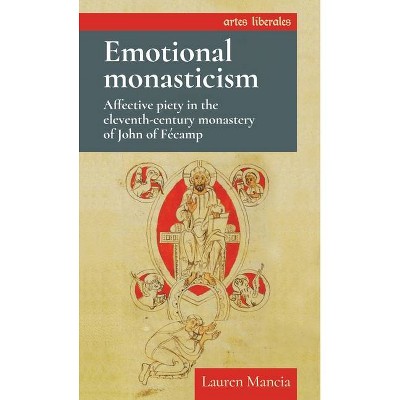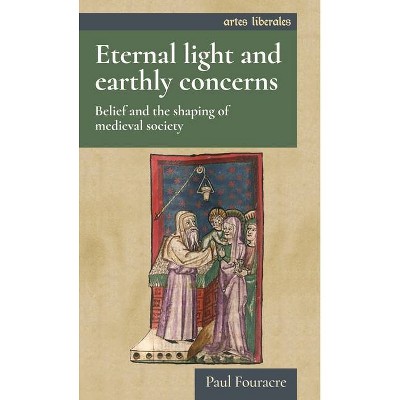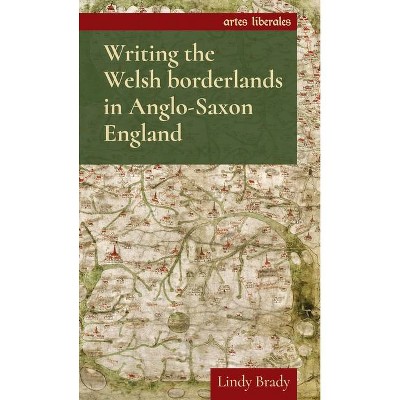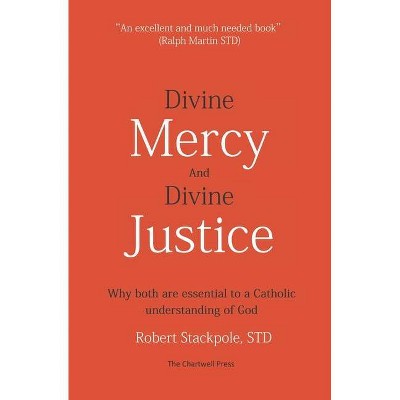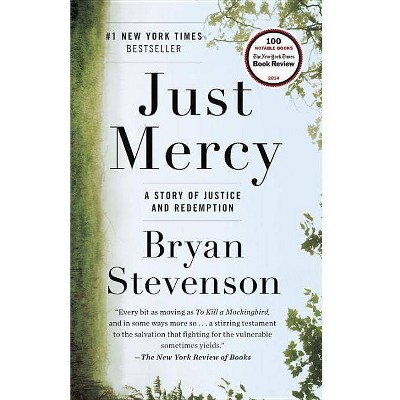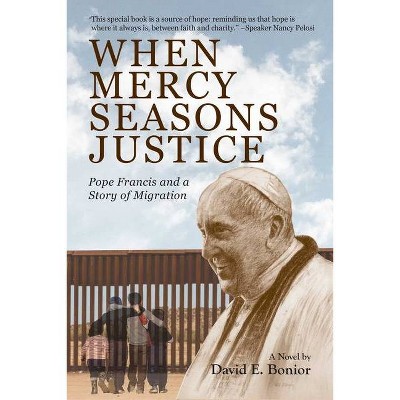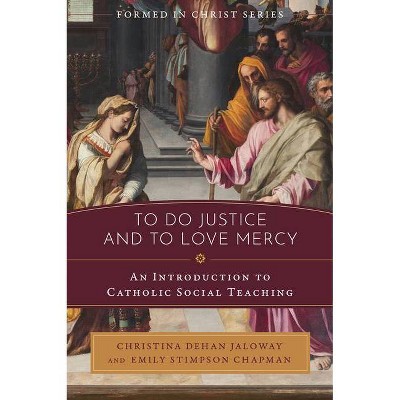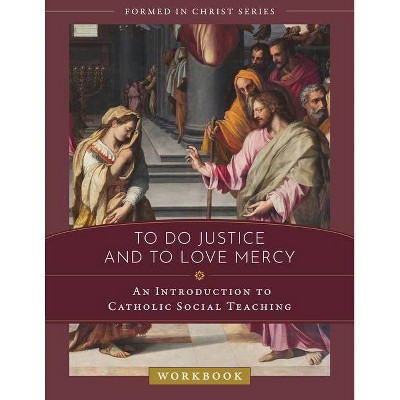Justice and Mercy - (Artes Liberales) by Philippa Byrne (Paperback)
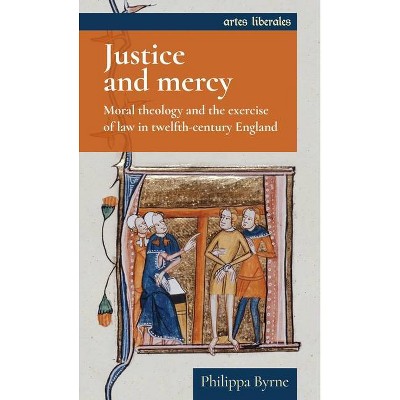
Similar Products
Products of same category from the store
AllProduct info
<p/><br></br><p><b> About the Book </b></p></br></br>This study investigates justice and mercy in twelfth-century England, using theological texts, sermons, legal treatises and letter collections to explore how moralists approached questions of judgement and judicial ethics in the foundational period of English common law.<p/><br></br><p><b> Book Synopsis </b></p></br></br>This book examines one of the most fundamental issues in twelfth-century English politics: justice. It demonstrates that during the foundational period for the common law, the question of judgement and judicial ethics was a topic of heated debate - a common problem with multiple different answers. How to be a judge, and how to judge well, was a concern shared by humble and high, keeping both kings and parish priests awake at night. Using theological texts, sermons, legal treatises and letter collections, the book explores how moralists attempted to provide guidance for uncertain judges. It argues that mercy was always the most difficult challenge for a judge, fitting uncomfortably within the law and of disputed value. Shining a new light on English legal history, <i>Justice and mercy</i> reveals the moral dilemmas created by the establishment of the common law.<p/><br></br><p><b> From the Back Cover </b></p></br></br><i>Justice and mercy</i> argues that our understanding of the creation of the English common law cannot be complete until we appreciate the moral dilemmas the process generated. It investigates one of the most acute difficulties facing the judges of the twelfth century: how to choose between justice and mercy when determining the appropriate punishment for an offender. This choice was particularly troubling because a morally wrong decision could endanger the soul of the judge making it. This book therefore provides a new way of thinking about the English common law by reconstructing the moral world of the judges themselves. Examining a wide range of texts, including theological commentaries, moral treatises, letters, sermons and chronicles, the book shows how concern over judicial probity, virtue and behaviour was not only an important debate in twelfth-century England, but central to much of English politics, from the Anarchy to the Becket dispute, from the laws of Henry I to the pardons of Henry III. It redraws the relationship between English judges and their continental counterparts, offering new reflections on shared influences and points of divergence. In doing so, it provides a fundamentally different narrative of the creation of the common law and a new way of understanding the implications of legal systematisation. <i>Justice and mercy</i> will be invaluable to specialists examining the rise of 'professional' law in the twelfth century and the beginnings of official accountability. It will also be of interest to students studying the creation of the common law, the twelfth-century renaissance and the structures of medieval English politics and kingship.<p/><br></br><p><b> Review Quotes </b></p></br></br><br><i>'Justice and Mercy</i> is a remarkable book...the book resounds with the historiographic traditions and conflicts among the different schools of legal history and of intellectual history, both in Britain and on the continent. While the author is obviously well aware of them, she manages to avoid the pitfalls of adding to these ongoing conflicts.' Esther Cohen, Hebrew University of Jerusalem, <i>The Medieval Review</i><br><p/><br></br><p><b> About the Author </b></p></br></br>Philippa Byrne is British Academy Postdoctoral Fellow at the University of Oxford
Price History
Price Archive shows prices from various stores, lets you see history and find the cheapest. There is no actual sale on the website. For all support, inquiry and suggestion messagescommunication@pricearchive.us
